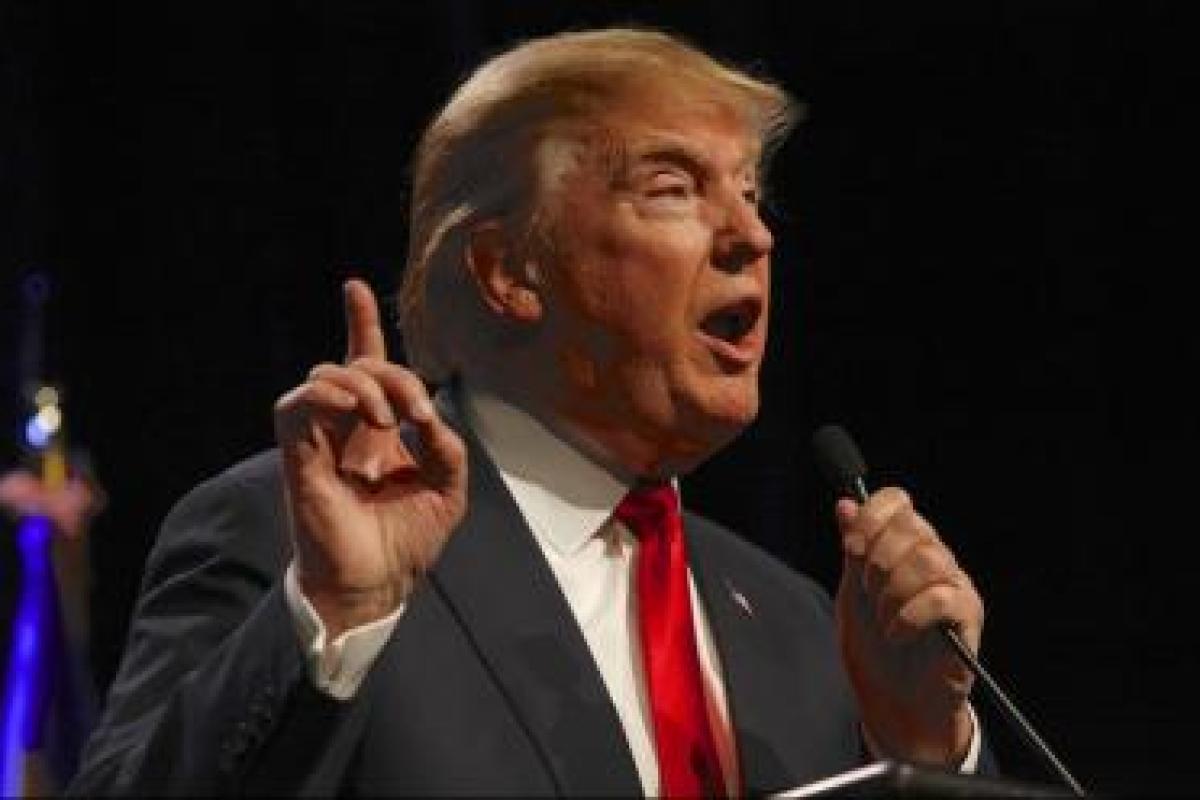At the beginning of the year when we were preparing our '20 Challenger Brands to Watch' list, one of the obvious contenders was Donald Trump, and we discussed it hard. Denise Lee Yohn had written about him as a brand and encouraged us to do the same. Frank Rich seemed to delight in Trump taking a wrecking ball to the American political establishment; even managing to make a case for why Trump might be a good thing in the long run given the ugly mess that is Washington DC. That kind of disruption of the status quo is bread and butter — or at least Marmite on toast — for the challenger.
“Where would it ultimately lead us if we aligned challenger brand with his brand of extremism?”
We decided against it. We just didn’t want to add to the torrent of publicity that a vulgar bigot like Trump so easily generates. And where would it ultimately lead us if we aligned challenger brand with his brand of extremism? One could probably make a case for ISIS, too. No. We didn’t think that’s what our audience looked to us for. But then Matthew Charlton forced our hand with his reasoning on Trump the challenger, and so here we are again. Thanks, Matthew!
Here are three reasons why Trump still doesn’t make our list, even though it seems likely that he’ll be the only guy left on the GOP list come convention time:
1. Lack of substance
All the challenger brands we spotlight are built on a distinctive product or experience truth: Our Vodka makes all variants of its vodka from ingredients in the regions where it’s distilled; Slack is a demonstrably better platform for team communication than email; Thinx actually makes unique underwear for periods; American Giant really does make “the best hoodie ever made”; Pirch truly has reinvented the experience of shopping for home appliances; and Chain is building a new operating system for money.
“A brand built on broken promises won’t last long.”
Yet even senior figures in the Republican party admit that many of the Trump’s “product truths” can’t be implemented: Mexico won’t pay for the wall, and 11 million Americans can’t be deported. “He’s laying out ideas that aren’t real,” says Mike Leavitt, former Republican governor of Utah. A brand built on broken promises won’t last long.
2. Lack of a coherent and meaningful philosophy
An important way challengers win is by leading with their beliefs to create loyalty and advocacy among employees and customers who share those values. American Giant believes the chain store retail model in the US serves neither customer nor manufacturer. What drives Pirch’s approach to retail is the belief in the importance of the home not as a place for chores, but for creating meaningful family memories. And Chain’s approach to moving money around is underpinned by the belief that the current system is too expensive and slow for the future of commerce.
“Trump has changed his positions many times, and it has all yet to cohere into anything meaningful.”
While it is clear that Trump and his supporters seem to share some values, Trump has changed his positions many times, and it has all yet to cohere into anything meaningful. He has “no belief system other than the certainty that anything he says is right.” This may not catch up with him in the near future, but it’s another reason to not choose him as a challenger brand to watch.
3.Being offensive for the sake of it
If scandalous behavior serves the legitimate narrative of the brand, and can be clearly beneficial to the consumer, then we’re all for it. Paddy Power has certainly never pulled its punches, and Brewdog’s punky ethos is not for everyone. Fame is vital for any challenger, and we preach the sermon of Binet and Field as much as anyone.
But Trump passed the point of needing to use offensive behavior to stand out long ago. Now he appears to be doing it because he enjoys using the kind of nonsensical anti-thinking that whips up the support of an angry minority that may have legitimate concerns about how the current system fails them. That’s just cynical. Should he not win the White House he will surely have done some long-term damage to his own brand, at least on the international stage. He’s already lost a lot of business as a consequence. And a brand may be all he really has.
“For me as an American citizen the larger concern is the damage he is doing to the parent brand.”
As John Oliver pointed out he doesn’t even build much these days, preferring to let others take the risk while licensing his name. We don’t see Trump’s as an enduring brand plan, challenger or not. And for me as an American citizen the larger concern is the damage he is doing to the parent brand.
So, again, officially and publicly this time, no to Trump as a challenger brand.
Mark Barden runs the west coast business for eatbigfish in the US. Over his career he’s won the Platinum Award for direct response marketing, taken a dot com public, warmed up a crowd for Ellen De Generes, and played a Buddhist monk in a Kleenex commercial. Follow Mark @markcbarden.
